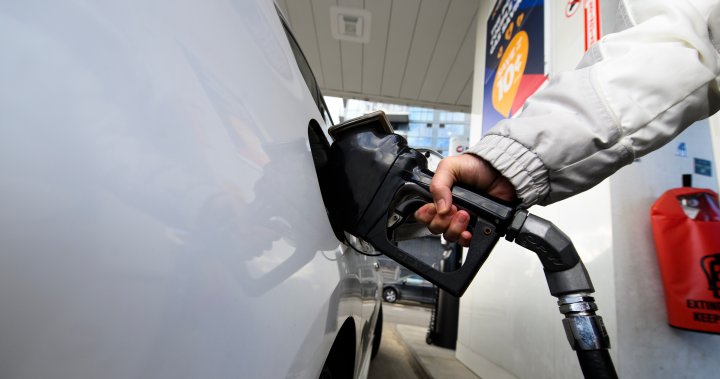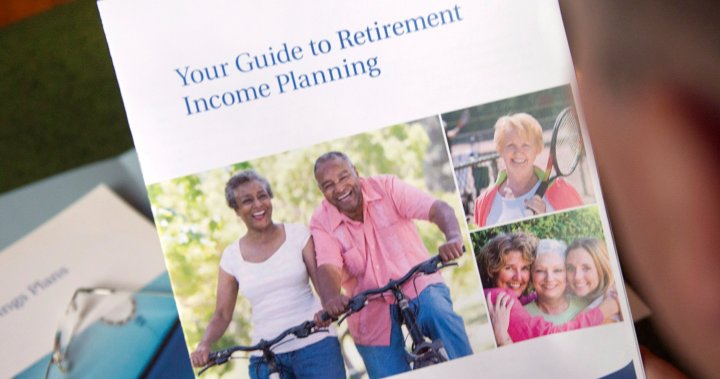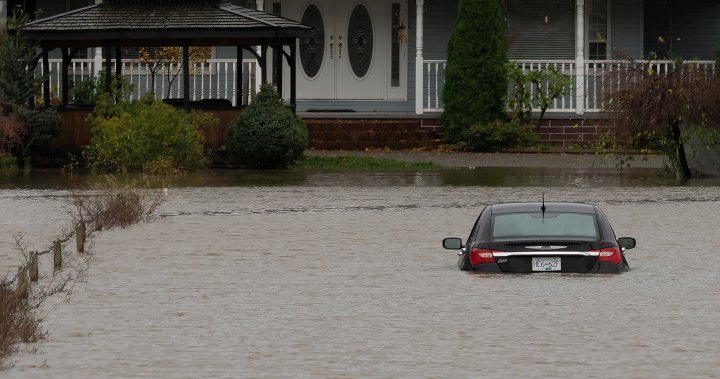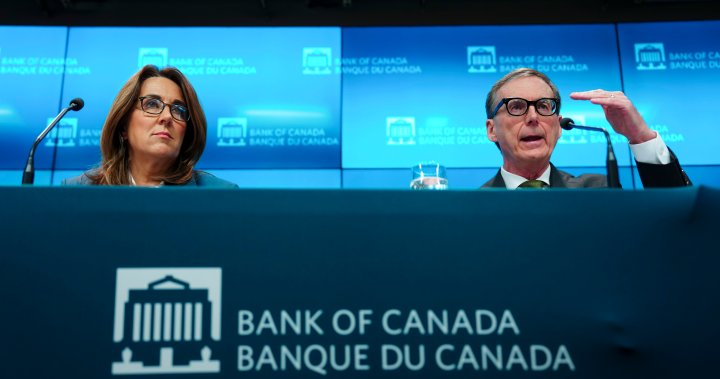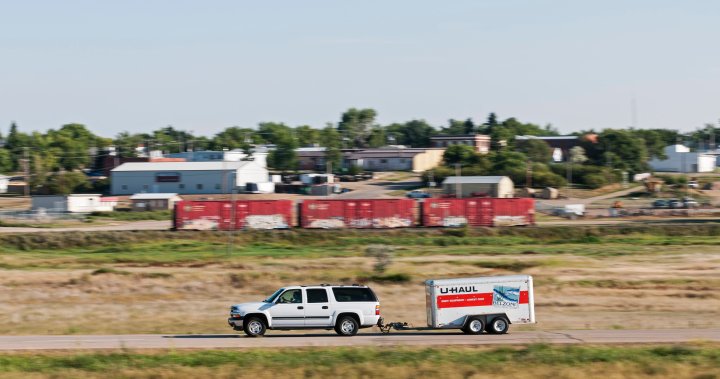A sharp uptick in gas prices is fuelling road rage in some parts of Canada on Thursday.
Many motorists filling up at the pumps are facing higher prices — some up as much as 22 cents from yesterday in parts of Ontario, for instance.
Data from GasBuddy’s live gas price tracker shows prices were 10 cents higher across Ontario for an average of $1.73 per litre by 1:30 p.m. Eastern Thursday, as compared to the previous day’s average.
Prices for gas rose by a similar degree in Toronto, but in southwest Ontario towns such as Sarnia, GasBuddy says the cost of gasoline has jumped 22.3 cents to $1.79 per litre as of 1:30 p.m. Other Ontario municipalities near the U.S. border such as Chatham and Windsor also saw double-digit jumps in the price of gas.
Ontario Premier Doug Ford shared his frustrations about the gas price hike on Thursday. Analysts had predicted prices would rise overnight due to a changeover to summer gasoline blends from winter fuel.
“You go out last night and you’re sitting there for 20 minutes in the line up to get gas, you know, and it’s unacceptable. Everywhere I was going, it was about a buck, 59. You wake up this morning and it’s $1.80. You know, it’s absolutely disgusting,” Ford said during an appearance in Oakville, Ont.
Financial news and insights
delivered to your email every Saturday.
Quebec drivers were also seeing prices rise on Thursday, with a hike of 6.4 cents taking the province’s average cost past $2 a litre, according to the gas data. Montreal gas prices hit an average of $1.87 per litre as of 1:30 p.m., an 8.2-cent hike from Wednesday.
“Of course it will have an impact on our budget. So for normal people, regular people, families, it’s going to be tough,” Montreal Mayor Valérie Plante said Wednesday ahead of the price surge.
Gas prices in British Columbia were meanwhile inching towards the $2 per litre mark, rising 1.7 cents to an average of $1.95 as of 1 p.m. Eastern.
Prices were also a few cents higher in Newfoundland and Labrador and New Brunswick on Thursday, but were largely steady in the other Atlantic provinces and in the Prairies.
Dan McTeague, president of Canadians for Affordable Energy, told Global News that Western Canada and some U.S. markets made the switch from winter to summer gasoline about a month ago. Those regions are tied to the Chicago comprehensive prices while most of Ontario’s prices are tied to what happens in the New York Harbour, which switched to the summer blend on April 16, he said.
On a national basis, the price of gas was on average $1.74 per litre as of 1:30 p.m. Eastern. That’s up 5.8 cents from Wednesday and 18.1 cents higher than the average in March, according to GasBuddy.
Statistics Canada cited higher gas prices as fuelling a slight uptick in inflation last month, which accelerated to 2.9 per cent annually from 2.8 per cent in February. Prices were rising at a faster rate in Western Canada in March, StatCan noted.
Higher global crude oil prices are traced to geopolitical conflicts stymying production, the agency said earlier this week.
Patrick De Haan, head of petroleum analysis at GasBuddy, told Global News earlier this month that geopolitical strife like Russia’s war on Ukraine, more expensive summer gas, increased demand for summer travel and maintenance at refineries would continue to push prices up.
“It’s becoming more obvious that with every yearly increase, it’s becoming less and less likely that we would see a sub-dollar-a-litre-price,” De Haan told Global News.
Canada’s price on carbon also rose earlier this month, rising $15 to $80 a tonne in provinces that have adopted the federal regime. The hike was expected to add about three cents to the cost of gasoline for Canadians.
This past Monday, some Canadians living in provinces with the federal carbon price received the first quarterly rebate tied to the program.
– with files from Global News’ Jacquelyn LeBel, Gabby Rodrigues, Nathaniel Dove, Aaron D’Andrea, Kalina Laframboise
© 2024 Global News, a division of Corus Entertainment Inc.
